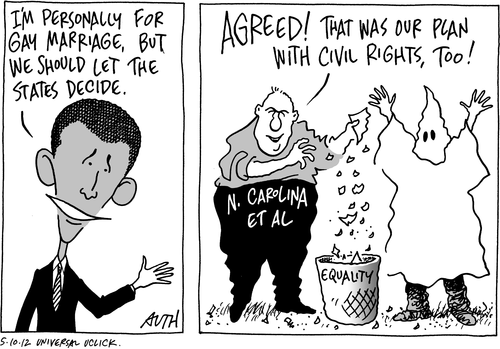It may be past time for New York State Attorney General Eric Schneiderman to walk away from Residential Mortage Backed Securities working group (RMBS) and point it out for the sham that it is. It’s just not working and perhaps never was intended to “work”, from Anna Cuevas at Huffington Post:
Not only have they not done anything, they also have no dedicated website, address, or telephone number. Under the arm of the Department of Justice and U.S. Attorney General Eric Holder, the Group planned to have 30 employees within the first few weeks — however, as of this date, the only names associated with the Group are the co-chairs: Lanny Breuer, Stuart Delery, Robert Khuzami, John Walsh, and Eric Schneiderman. While the president deemed that this group would “speed assistance” to homeowners, that assistance has thus far been exceedingly slow or non-existent. [..]
Questions remain and need to be answered. The Residential Mortgage-Backed Securities Working Group is the sixth group formed by the administration to address the foreclosure crisis and provide relief to homeowners. Unfortunately, this group, like the others, is not seeing the urgency of the matter — that is, if they do, in fact, exist and are something more than a public relations announcement. As it appears, the new Residential Mortgage-Backed Securities Working Group is not working — they don’t even have a place to work from.
Schneiderman tried to put a positive spin on this circle jerk but it’s not easing the growing skepticism. From David Dayen at FDL News Desk:
My point on this was always that the President’s appropriation request and $6 will get you a very expensive cup of coffee at my local Intelligentsia café (seriously, $6 for a cup of coffee?). Presidential budget requests are as ignored in Washington as pledges to not accept lobbyist money, or marital vows. The request didn’t mean anything, and the House Republicans currently putting together the budget were highly unlikely to honor it.
Sure enough, yesterday, the Justice, Science and Commerce appropriations bill, the proper venue for this additional $55 million request, came up for a vote. Maxine Waters tried to include the appropriation for the RMBS working group. And it failed pretty badly. [..]
there’s no chance that the working group gets anything close to this kind of money for at least 4 months, and in all likelihood not at all.
It’s just another example of how the protestations about the legitimacy of the working group fall apart when subjected to the slightest scrutiny.
At naked capitalism, Yves Smith was even more critical of the task force and Schneiderman’s “performance” on Up with Chris Hayes:
The point is that (Iowa AG Tom) Miller was a convenient stooge for the Administration. His job was to maintain the pretense that the effort he was leading was in the public’s interest and moving ahead at a good clip. These weren’t very easy lies to sell and Miller wasn’t very good at pedaling them, but that didn’t matter much. His job was to keep up a certain level of background noise.
But nothing was going to happen unless the Administration wanted it to happen, and for some reason, the powers that be decided in late 2011 that a mortgage settlement would be a useful election talking point. So they saddled up and pushed the foundering deal over the line.
Now that the Administration has traded up from the unknown Miller to the soi disant “Man the Banks Fear Most” Eric Schneiderman, we have the instructive spectacle of watching Schneiderman look more and more Miller-like with every passing day. Admittedly, Schneiderman is far more skilled at passing off Administration canards than Miller, and is also trusted by many progressives, so he can probably run on brand fumes for quite a while. [..]
Schneiderman may be able to get away with this longer than he should, particularly since the plan is likely to be to file a couple of headline-getting but not-seriously-threatening-to-the-banking-oligarchs cases in the weeks before the election. He seems not to have noticed how the Administration has been quick to cast aside its operatives when they are no longer of use to them. In case he has managed not to notice how he is being played, expect him to have a rude awakening by the election.
Read Yves entire article, it’s a scathingly realistic assessment of the Obama administration, the RMBS (could that abbreviation be more appropriate?) and Schneiderman. If Schneiderman doesn’t walk away from this joke, he will lose what little credibility he has left which, at this point, isn’t much.


 On this day in 1934,
On this day in 1934, 
 Vice President Joe Biden started a storm over marriage equality when he announced on Meet the Press that same sex marriage was OK with him. The press immediately wanted to know if President Obama’s position had “evolved.” The Biden interview was taped on Friday, so the White House was fully aware of what he had said. Finally, after
Vice President Joe Biden started a storm over marriage equality when he announced on Meet the Press that same sex marriage was OK with him. The press immediately wanted to know if President Obama’s position had “evolved.” The Biden interview was taped on Friday, so the White House was fully aware of what he had said. Finally, after
Recent Comments